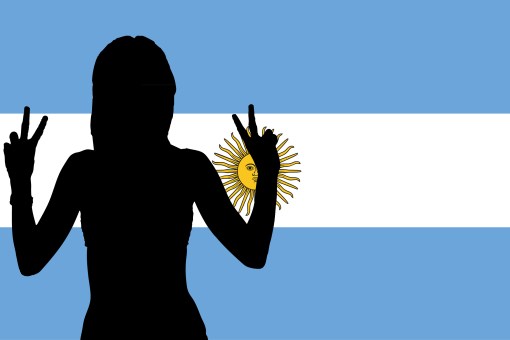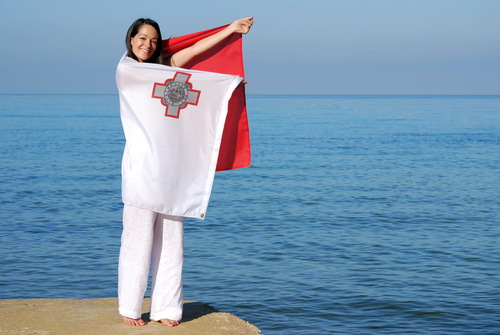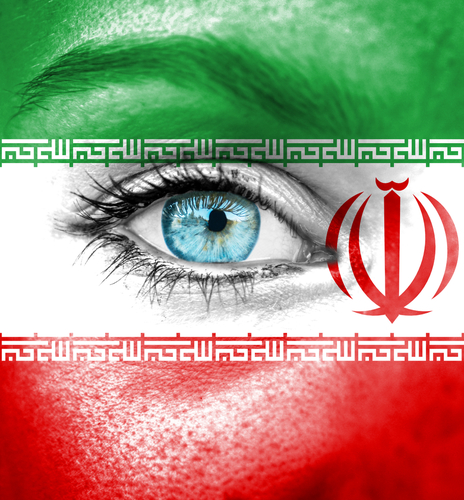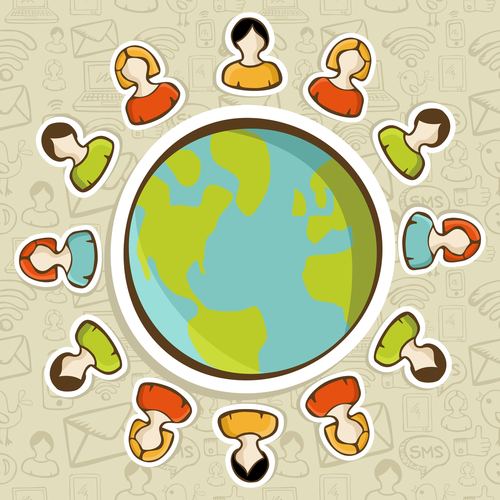Welcome to Feminism Around the World, a weekly feature here at TMS where we focus on women’s lives and feminist concerns around the world by applauding successes, reporting injustices, and amplifying the conversation around solutions to gender-based inequality. Because “Until we are all free, we are none of us free.” – Teresa
INTERNATIONAL: Countries From Which the United States Could Learn Something About Prioritizing Trans People
Today is not a great day when it comes to being transgender in the U.S. Our own Jessica Lachenal has already written a great piece about that, but for this week’s Feminism Around the World, I thought I’d focus on the countries doing it right (or at least much more right than we seem to be doing!) in the hopes of perhaps encouraging activism toward these ends.

ARGENTINA
According to a study done by Transgender Europe, Argentina is the country that is both the most socially positive toward the LGBTQIA community in Latin America, and has the world’s most comprehensive trans rights laws. In 2012, Argentina passed its Gender Identity Law, which according to U.S. News and World Report “allows people to change their gender identities without facing barriers such as hormone therapy, surgery or psychiatric diagnosis that labels them as having an abnormality.” In addition, the law also defines gender confirmation surgery as a legal right, and the surgery is included in both public and private health care plans.

DENMARK
Not to be outdone, Denmark followed Argentina’s lead in 2014 by reforming its own Danish legal gender recognition legislation allowing people to change their gender identities without medical or psychiatric diagnoses or surgery. The only limitations are that this applies to people 18 years of age or older, and it requires a six-month waiting period. Not perfect, but still the most progressive country on trans rights in Europe.
Last year, the Danish parliament decided to remove transgender gender identity from the National Board of Health’s list of mental illnesses, which officially went into effect in January. It was the second European country to do this, after France. They did this after initially waiting for the World Health Organization to make this change worldwide only to cite their lack of progress when making the change to their own National Board of Health.

MALTA
Malta passed the Gender Identity, Gender Expression,and Sex Characteristics Act in 2015, which simplifies the procedure for trans people in changing their gender identity on official documents and records while also maintaining privacy. Like the laws mentioned above, this act also moves away from pathologizing being transgender and requiring people to jump through a million hoops before being recognized. The entire process of getting everything changed takes thirty days total.
Their law also goes one step further. According to Transgender Europe, “The Bill foresees that parents or guardians may decide to postpone the inclusion of a gender marker on the birth certificate until the child’s gender identity is determined.” Children under 18 are also allowed to change (or state for the first time) their gender identity officially, too, but it must be done through their parents.

INDIA
India’s Supreme Court granted the country’s hijra (transgender people and those classified as third-gender) the right to self-identify without sex reassignment surgery in 2014. The ruling grants transgender people equal access to health care, education, jobs, and protection from hate crimes and discrimination.

IRAN
Iran is a bit tricky. Their government has both allowed and subsidized gender confirmation surgery since 1987, and once a person has surgery they are recognized by the government. However, as Jessica Stern from OutRight International points out, “The medicalization of gender identity has allowed for vital legal recognition and transition-related healthcare for some members of the trans community. At the same time, it has reinforced stigma. The current policy rests on the notion that trans individuals suffer from psychological disorders and require medical intervention in order to be entitled to full citizenship.”
So, they’re technically making the right legal changes, but the society needs to catch up a bit. Still, it’s saying something that a country like Iran, which has been guilty of oppression on so many levels federally subsidizes gender confirmation surgery, but we don’t.
BACK AT HOME
Here in the U.S. The Affordable Care Act of 2010 prohibited sex discrimination in federally funded health care facilities, and this was clarified to mean that this includes discrimination based on transgender status in 2012. The Act also forbids insurance providers from refusing to cover a person based on a pre-existing condition (so this now couldn’t be the excuse to discriminate against a transgender person). Further protections exist in individual states, but civil rights protection is necessary at the federal level.
Here’s hoping that countries can learn from each other and make their protections of transgender, intersex, gender non-conforming/non-binary stronger. It’s actually possible for trans people to be recognized as citizens and as human beings without a country falling apart.
Any other countries doing it right or making progress in this area that you think we should know about? Tell us in the comments below!
(via CNN)
NEWS FROM ELSEWHERE
INDIA: “India Blocks Theatrical Release of Feminist Drama Lipstick Under My Burkha” (The Hollywood Reporter, 2/23/17)
SYRIA: “Syrian peace talks: women issue plea to find missing loved ones” (The Guardian, 2/23/17)
If you have a story you think should be included in a future Feminism Around the World column, please email it to [email protected] with “Feminism Around the World” in the subject line. Please note that this column is exclusively reserved for stories related to women in countries outside the U.S. Please send current stories that have been posted/printed within a week of the previous FATW column. Thank you, tipsters!
(images via Shutterstock)
—The Mary Sue has a strict comment policy that forbids, but is not limited to, personal insults toward anyone, hate speech, and trolling.—
Follow The Mary Sue on Twitter, Facebook, Tumblr, Pinterest, & Google+.









Published: Feb 23, 2017 04:32 pm